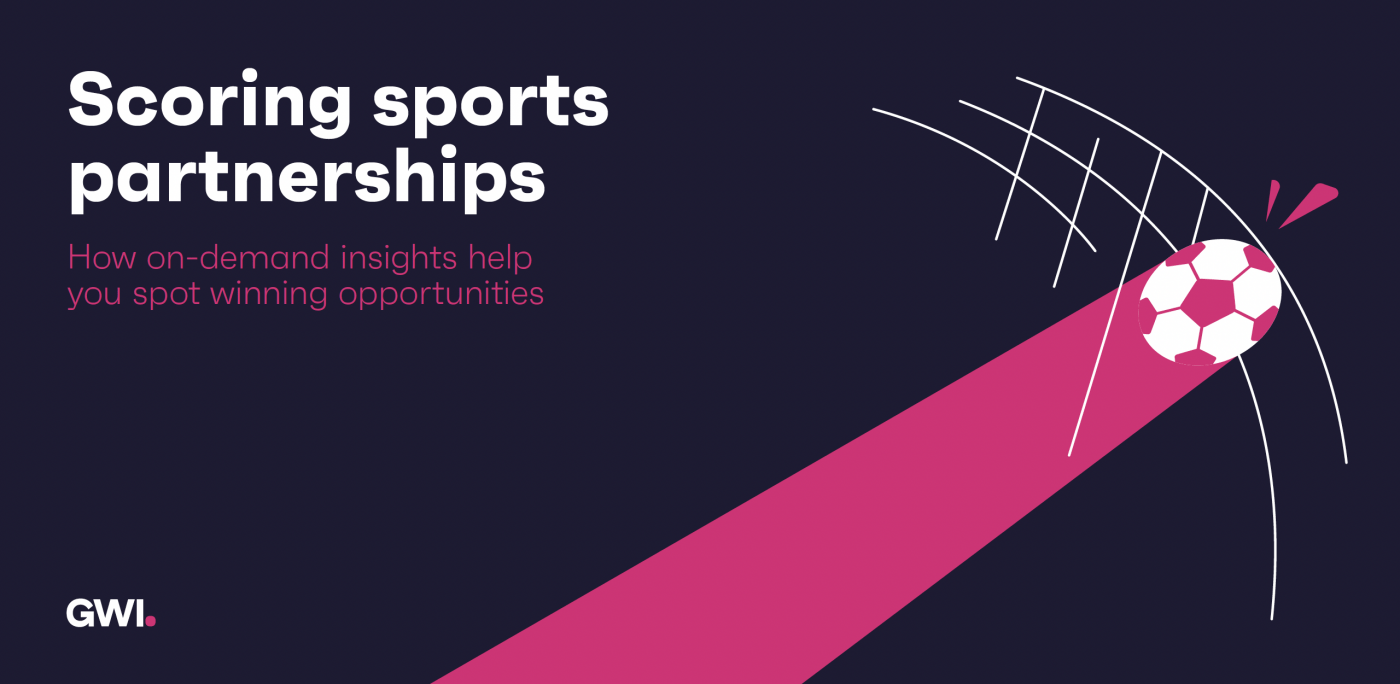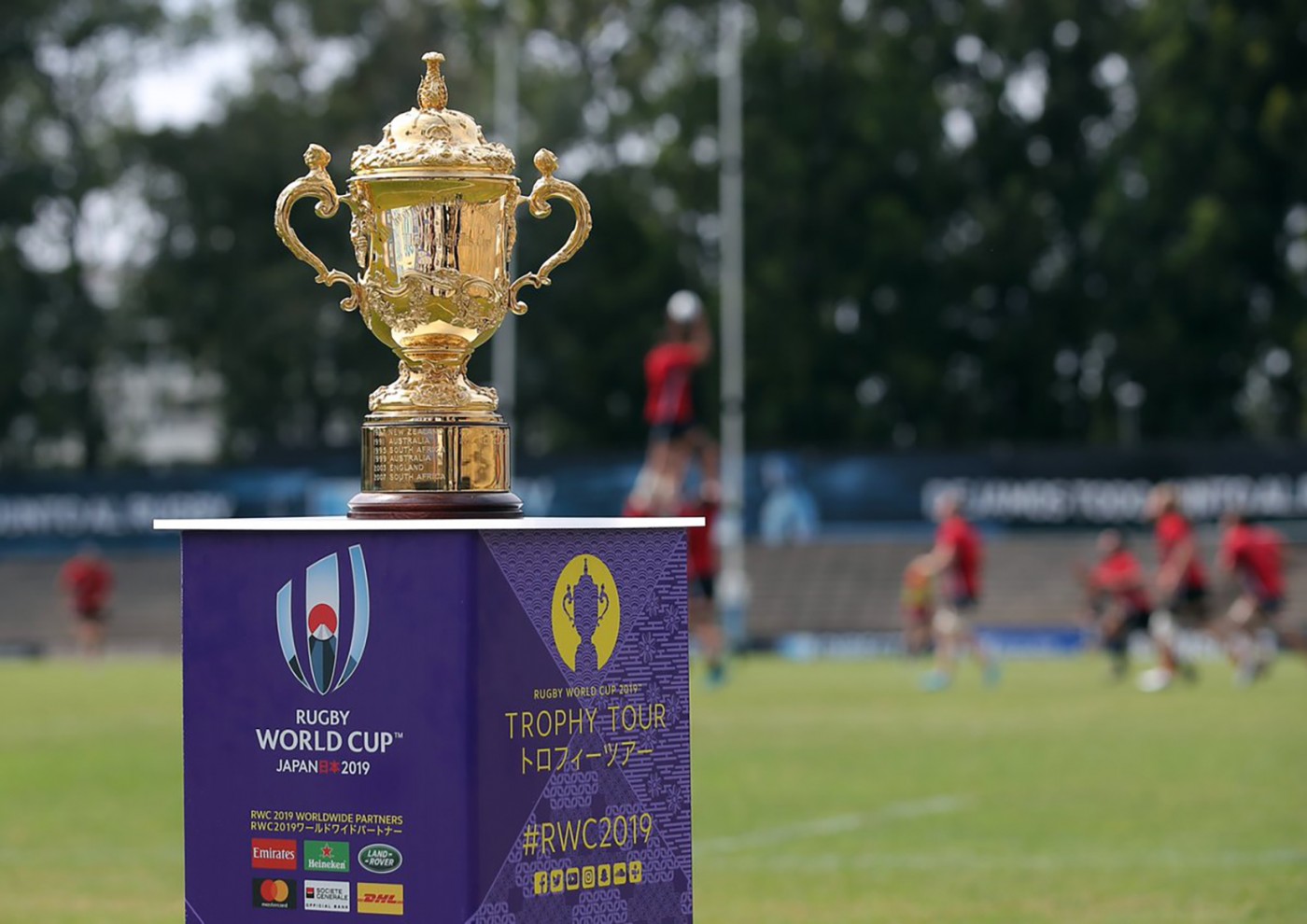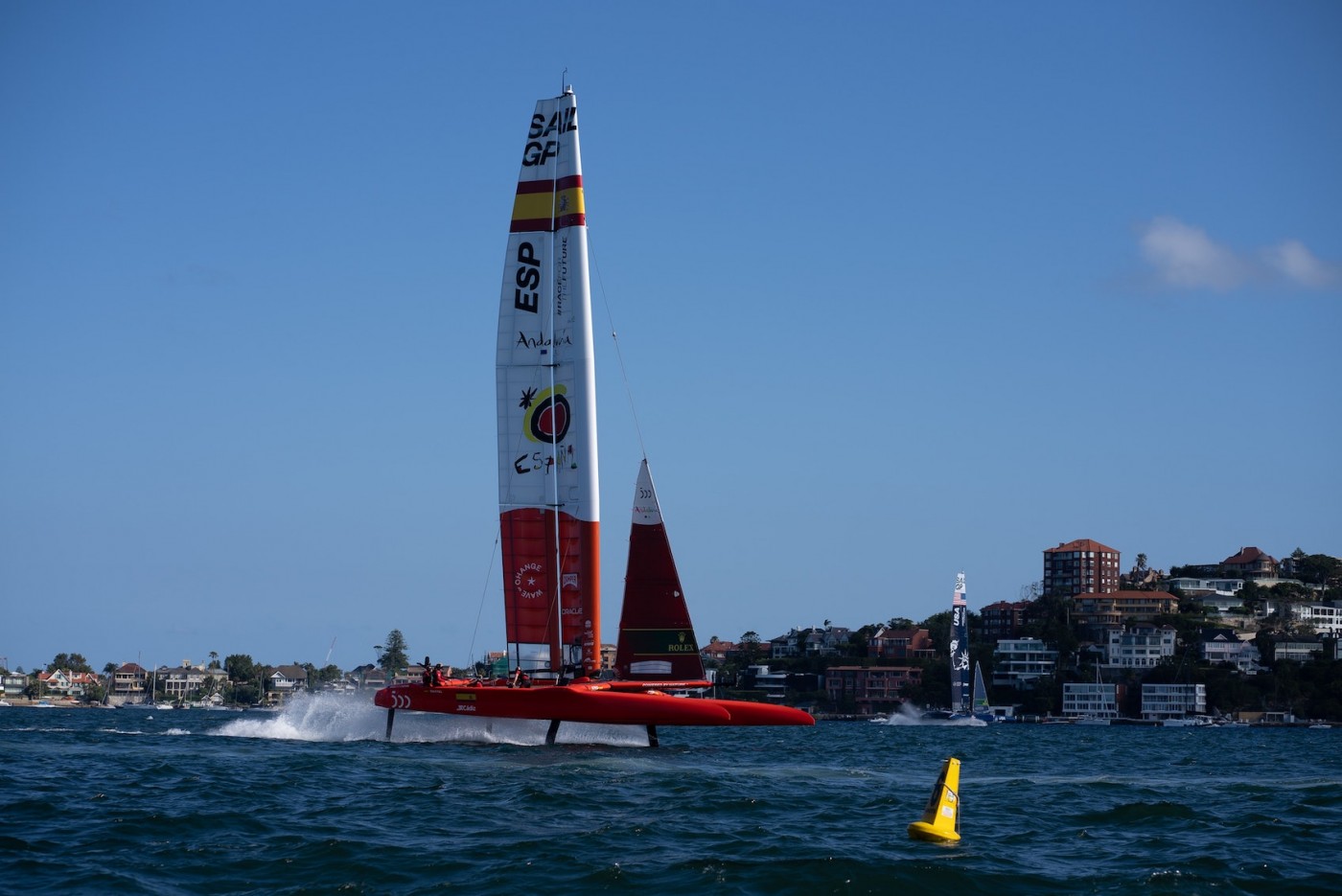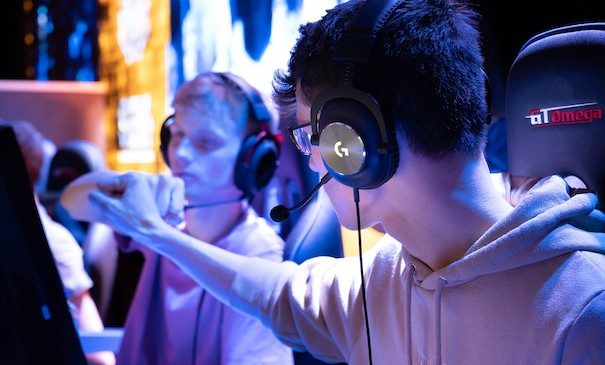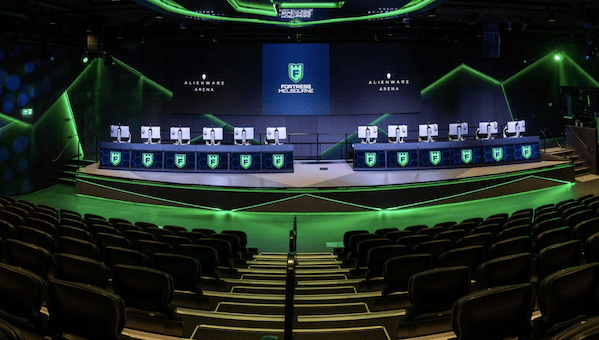Brands use sports agencies to advise on suitable partnership and sponsorship opportunities to support their marketing agenda. Chosen and activated wisely, brands will meaningfully engage fans and drive positive brand association. GWI’s sports partnerships guide explores how audience insights can help sports agencies identify the right opportunities for their brand clients.
Sports agencies have to stay on top of industry trends
The world of sports is shifting faster than ever. Competition for attention has never been fiercer and the rise of gaming, esports and the metaverse present very real threats to the commercialisation of sports whilst concurrently offering new opportunities for both sports organisations and brand sponsors to deepen fan relationships by broadening the ability of fans to watch, support, and interact with their favourite teams/players/competitions.
As way of example of the importance of relevant insights, research shows that viewership is fundamentally changing, something sports agencies need to be on top of this to adequately advise their clients. Whilst sports still appeal to the masses, TikTok is becoming the go-to platform for sports content. Outside China, there’s been a 70% rise in fans using TikTok to follow sports. We’re also seeing a shift towards gender equality driven by younger viewers, with 32% of Gen Z and millennials saying they watch women’s only competitions, and 31% following a female athlete or women’s team on social media.
Insight can be used by a sports agency to help their clients understand how to stand out from the crowd and be relevant to the fans of the sport, tournament, or club they’ve partnered with. It can tell you where the gap is that the brand can fill and how it can play a meaningful role in the lives of fans at times that make sense for them.
Knowing your fans, why insights matter
The controversy around the European Super League is a good example of being out of touch with fan sentiment. Listening to what your fans want, and understanding this, is critical to success. With the market changing rapidly, consumer insights are often needed quickly. On-demand insight can offer more pertinent and timely insights than research undertaken prior to certain trends/world events.
Granular data helps to explain what’s driving fan interest and engagement. Armed with this knowledge, you can identify potential partners who are aligned with your target audience(s). Good sports agency advice is to undertake your own research rather than rely on a potential partner’s data in solus. Whilst relying on third-party data may be cheaper and more convenient in the short term, it is unlikely the research will be structured in a way that makes it specific to the brand, its objectives, key markets, audiences, and brand positioning. Thus relying on this may make for poor decision making which could be costly in the medium to long term if partnership fees are paid and marketing spend is committed based on inaccurate information. Furthermore, it is worth bearing in mind that rights holders are likely to use data to tell the story they want to tell in order to maximise their chances of securing a partnership.
Identifying the right sponsorship
Partnerships/sponsorships are a great way to boost brand awareness and influence brand perception. Assets can also be useful in advertising, sales promotions, loyalty schemes, and in employee engagement. However, partnering with the wrong entity and a brand risks damaging its reputation and alienating fans. Access to the right insights helps minimise the chance of making a mistake and helps ensure the structure of any relationship allows the brand to maximise value and find a good fit.
So what are the key questions to ask when trying to identify the right sponsorship?
- What are my objectives?
- What do you want this partnership to achieve? How does it support your broader brand/marketing/commercial objectives? Establish key performance indicators (KPIs) you’ll focus on to measure the success of each and put a timeframe against it
- What are my brand’s key attributes?
- It’s important that brands share common territory so the audience can understand how/where they fit together. If you were a luxury brand you’d most likely want to align with aspirational partners with strong brands
- Which potential partners currently engage the audience we’re looking to target?
- Comparing audiences from different markets/territories lets you quickly identify crossover points in the data that align with existing customers’ interests, your growth goals, and those of your prospective partner to find the perfect fit. This could be a brand your consumers buy from, other sports they follow, social media channels they use, or even activities they do regularly.
- How can I add value to a fan’s experience, or solve a problem?
- Your consumers can tell you a surprising amount about how value could be delivered from a partnership deal. With audience insights on hand, it only takes a few seconds to understand what your consumers care about on a global and local scale and where you can add meaningful value. You then need to look at how this works against your own brand positioning
- How much budget do I have available to spend?
- You’ll need a budget to spend on the commercial rights, as well as the marketing campaigns where you’ll leverage these rights. Whilst you may get some residual value from buying the rights and from your association, the real value comes from a brand activating its relationship with fans and consumers alike
To read the full sports partnerships guide on how sports agencies identify the right opportunities for their brand clients, click here.
Looking for sports agencies to work with?
If you’re looking for advice from sports agencies, Strive Sponsorship can help. Contact us for sponsorship, commercial, content, media, operations, investment, and communications consultancy services.
Frequently asked questions
Who is the top sports agency?
There is no single definitive industry-wide ranking of sports agencies. Strive Sponsorship had a 100% client retention rate and grew revenue by over 65% in 2022. Other well-regarded agencies include CAA and WME IMG.
What does a sports agency do?
Sports agencies can provide a variety of services. Strive Sponsorship advises on sports marketing and sponsorship strategy (what and who to sponsor), helps negotiate sponsorship deals, and helps brands leverage sponsorships to maximise return on investment (this may involve PR, events, social media content and activations etc).
How do I choose a sports agency?
There are many factors to consider when selecting sports agencies. These may include whether an agency has experience in the sport you’re looking to sponsor, and indeed with the partner, you’re considering forming a relationship with. You should look at the quality and experience of the team that they will make available to work with you on the relationship. Understanding the breadth of services you’ll need and the ability of the agency to provide these (e.g. PR, events, social media content etc). You should also consider the costs of using the agency’s services. You should think about how much of a priority you’ll be to that agency, if they have a lot of clients you may not get the attention you’re looking for. One of the most important is how well you get on with the people at the agency and if you think you can work closely with them.


